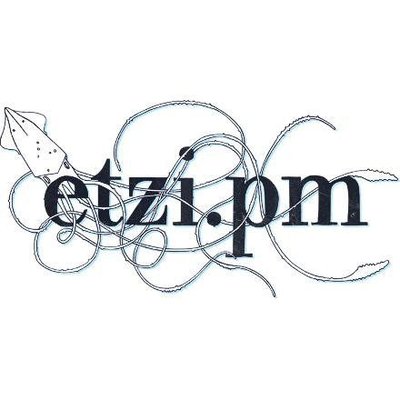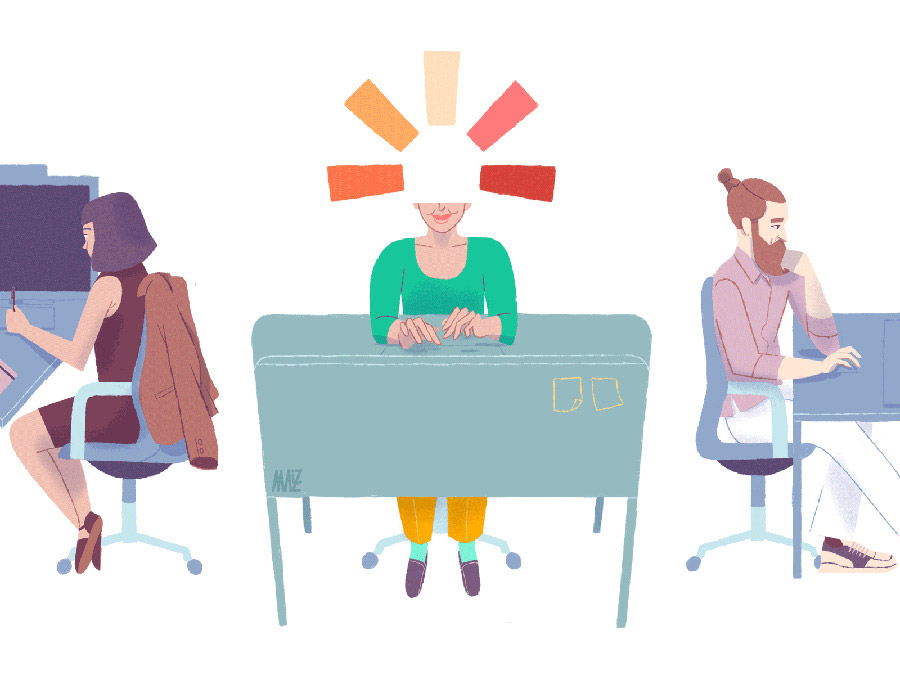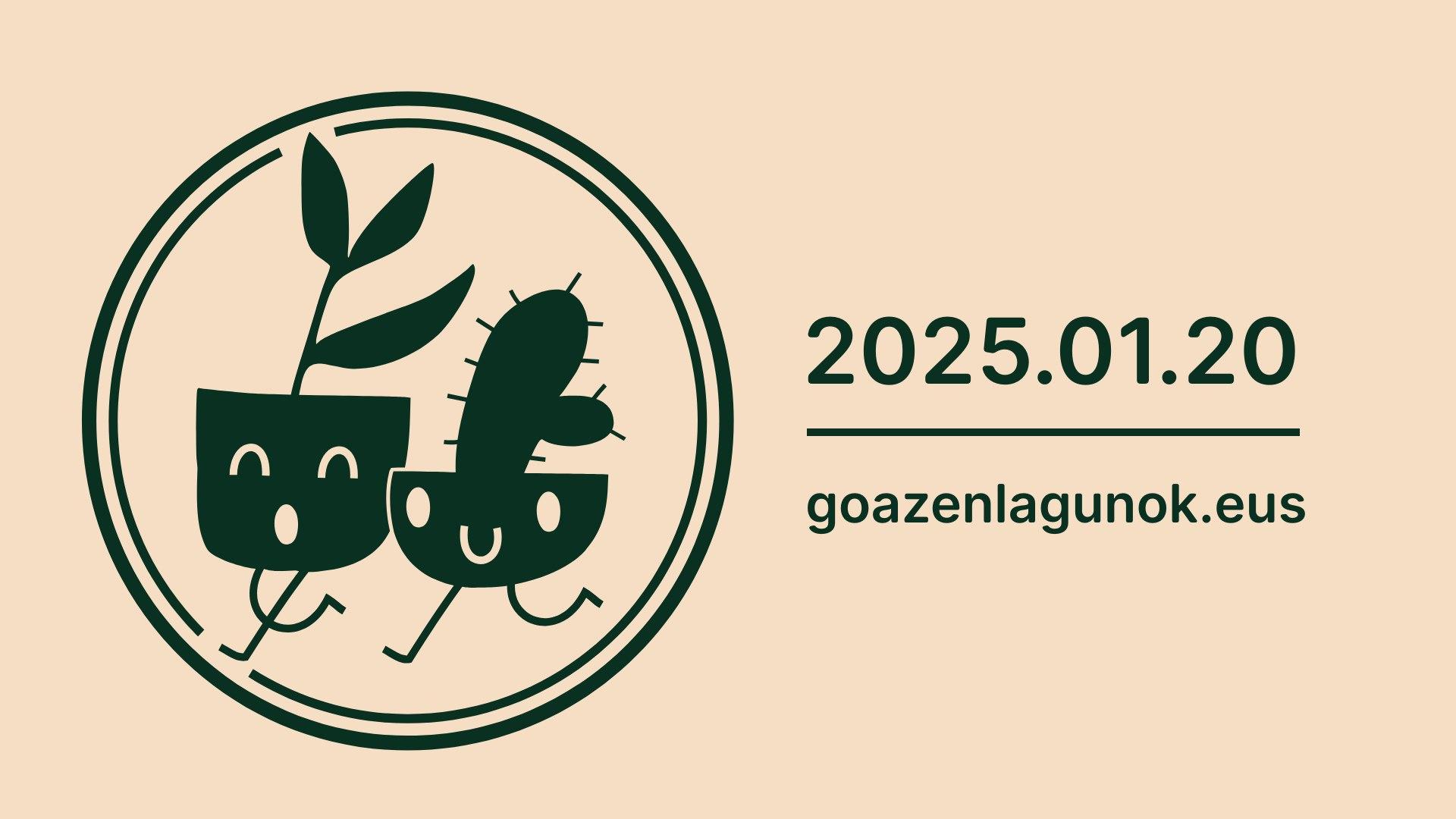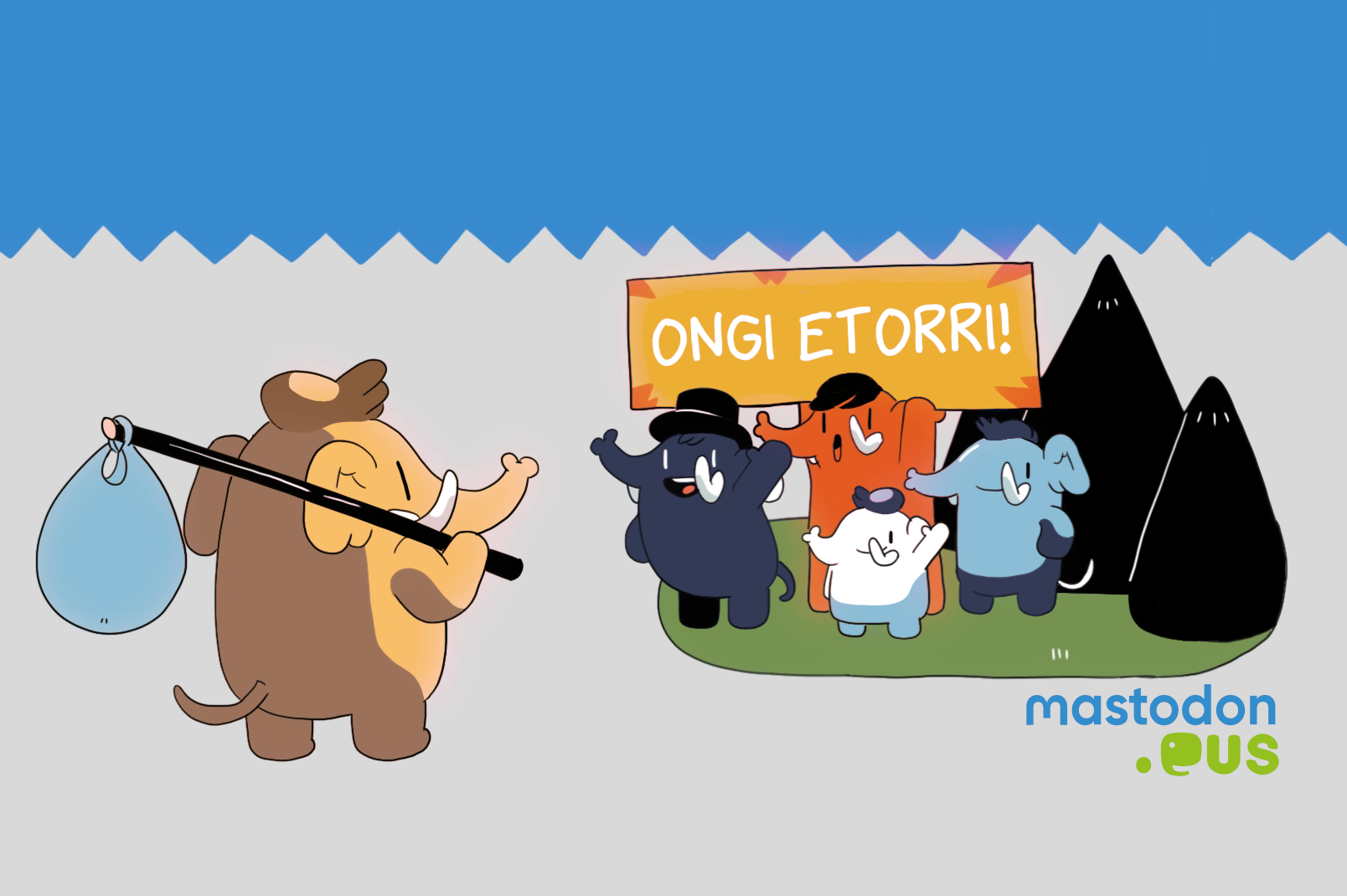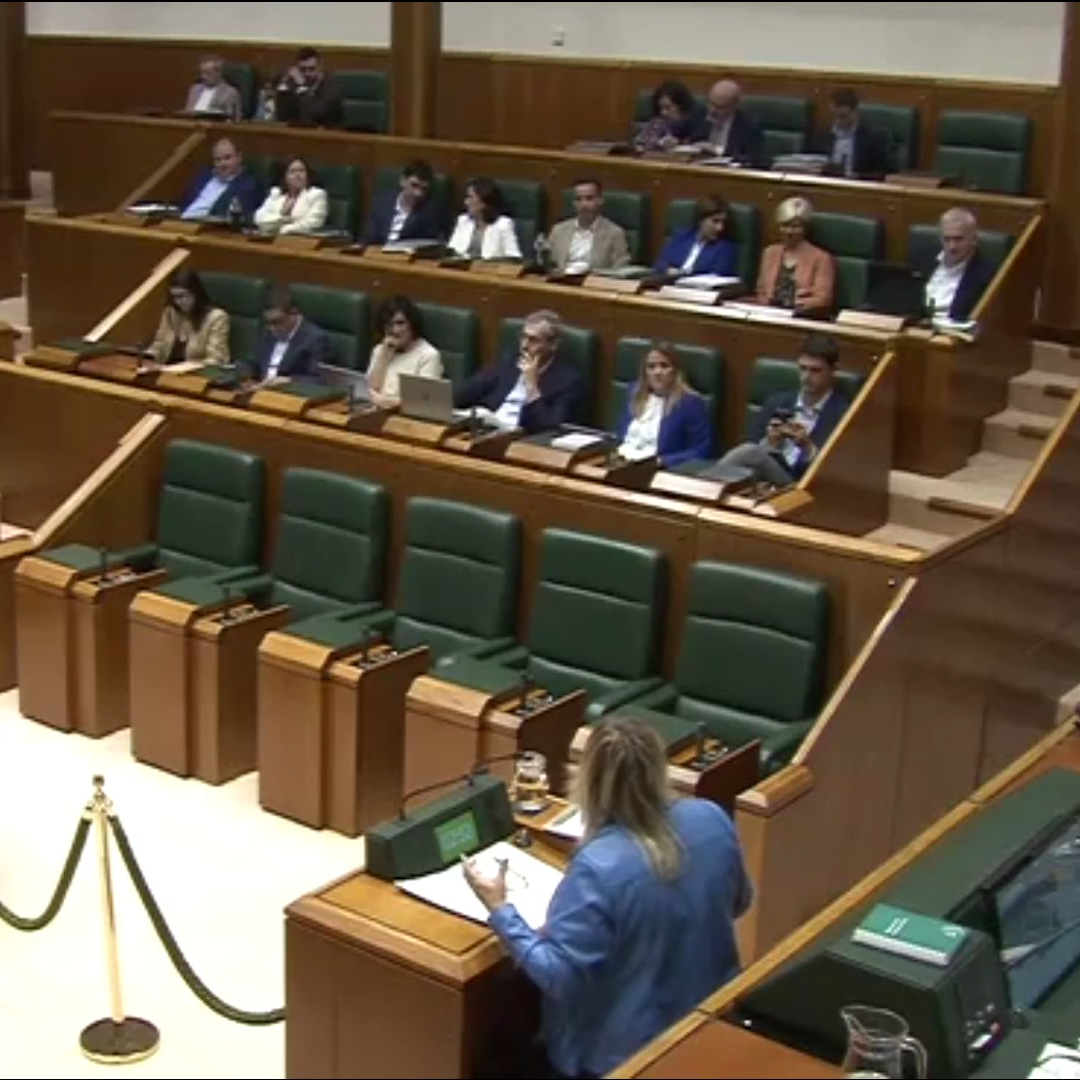Working for a democratic and sovereign Internet
The Internet was at first an area of freedom, but today it has become a controlled territory within the reach of large companies. In this context, the need to recover the Internet in order to achieve technological sovereignty and common well-being is increasingly pressing. The authors and activists Simona Levik and Marta G. Franco, in his latest books, rethink the relationship between Democratic Digitalization and Networks are ours, citizenship, technology and democracy, opening the possibility to build more fair and viable alternatives in the digital sphere.
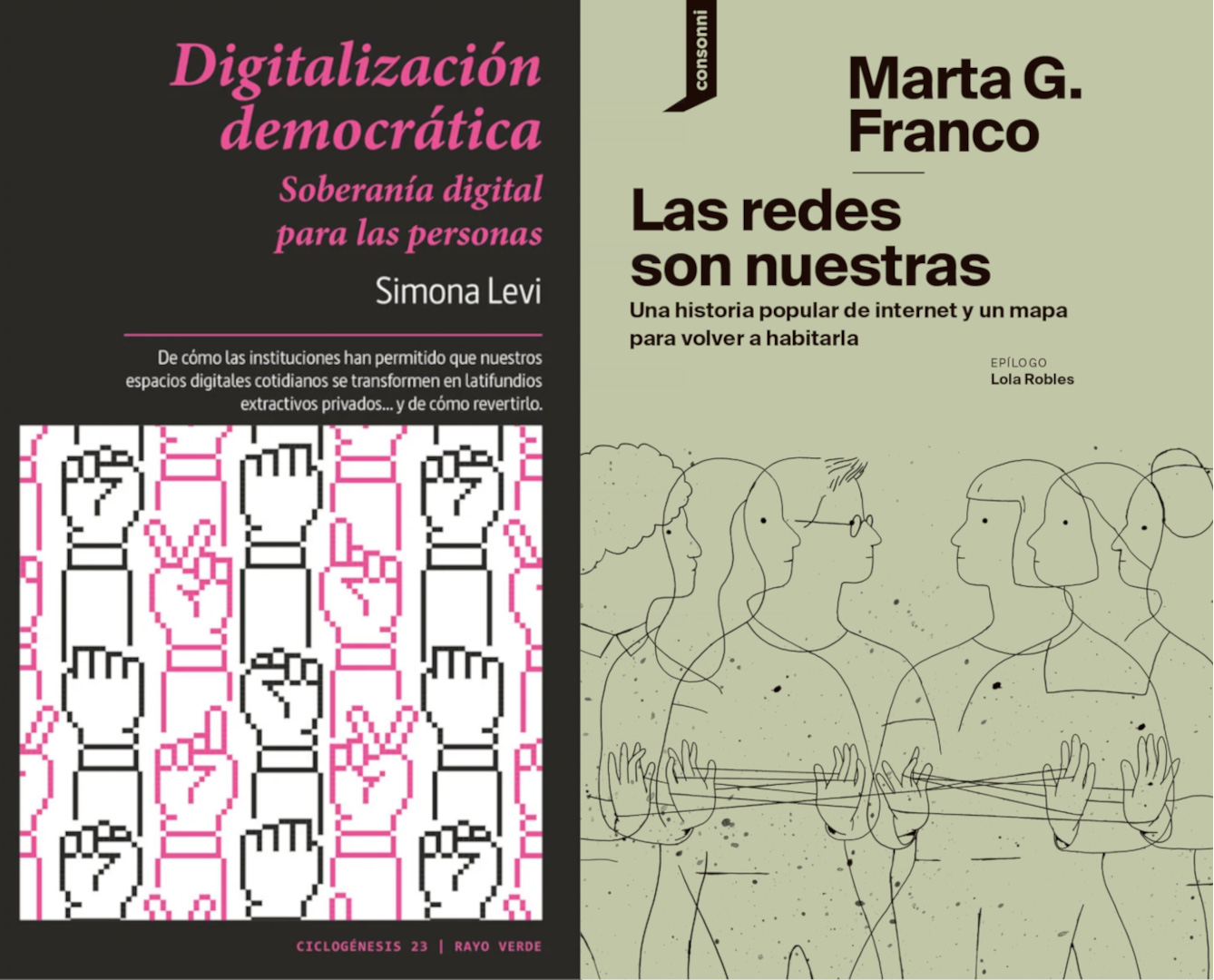
Current digital dystopia
In Democratic Digitalization, Simona Levi makes a ferocious criticism of the evolution of the Internet. In his words, at first it was a utopia of freedom, but today it has become a controlled space within reach of a few. Big business people control our daily digital tools, like email or data storage, and the data of millions of people is at your disposal. Levi clearly states: “Four or five have occupied the territory that should initially be free.”
Marta G. Franco, in his book The networks are ours, makes the same criticism as Silicon Valley, who has exercised the control and monopolization of digital tools and related narratives. Franco recalls that the Internet was a collective invention, the result of the hacker movement and public funding, but that origin has become increasingly invisible, in favor of the monopoly of a few large companies.
Regaining control: towards democratic digitalisation
Both authors emphasize that, although the current situation is under the control of major technologies, it is possible to recover a democratic Internet. Levi proposes using open source in basic services to break down the control of big business. This would ensure a fairer digital system based on the well-being of citizens, over and above commercial interests, in which Levi also stresses the responsibility of the public sector.
Franco, for his part, also calls for action, proposing viable initiatives that are already under way. Proof of this is that most of the world's servers and supercomputers work with free software, so there's technology to build the Internet that's fairer, but the Silicon Valley business model has been imposed and rejected that free software.
Digital sovereignty and new alternatives
Both authors stress the importance of achieving digital sovereignty, especially in Europe. Levi underlines the opportunity we can have in Europe to promote the defence of digital rights. In addition, in the field of technology, it also has an impact on the need to strengthen the role of the public, to support small businesses and to create a cooperative ecosystem that generates real technological alternatives.
Franco recalls that technological sovereignty is not only limited to technological tools, but also extends to the management of digital knowledge. Faced with the conservative reaction and machismo, the discourse against feminism and colonialism explains that they are ideological frameworks capable of proposing fairer technologies in which the welfare of society, the care of the environment and the fairer redistribution of wealth are at the center.
Call for collective action
They both call for the involvement of citizens in the recovery of a more democratic Internet. Levi and Franco agree that changes will not only come from new regulations or individual initiatives, but from a collective effort involving governments, developers, institutions and users. In Franco's words, we do not need perfect tools, but to think about which spaces and tools are right and to build and care, with pragmatism, for our own, self-managed and fairer digital spaces.
Proposing alternatives that prioritize technological sovereignty and democracy, the two authors send a clear message: The recovery of the Internet is possible, but to do so we must act collectively, as the digital space must benefit the common well-being, not the interests of the few.
Keep to Agenda
These two authors and Martha will meet in Euskal Herria in the coming months.
* 2 October afternoon: Marta G. Franco (Kaxilda – Donostia) * 15
November afternoon: Simona Levi (Torrekua – Orereta/Errenteria)
Information and context in the coming weeks.
I've done a quick analysis of the technology forecasts for 2025. Like every year, when you talk about what technology is going to bring to the media in 2025, the discourse is very similar. Many of us who write about technology have the anxiety of knowing more than it's going to... [+]
The evolution that the Internet has taken over the last 15 years, together with its technological and business model, makes us think that it is a tool to increase the worst aspects of humanity. Around the world, agents have been created that are not satisfied with this idea... [+]
In spaces like the X, today, we will have to recognize that it is impossible to have a public debate and a cultural struggle. In this sense, a mistake is that political projects that intend to lead a leftist change leave platforms like X to make the leap to social networks that... [+]



